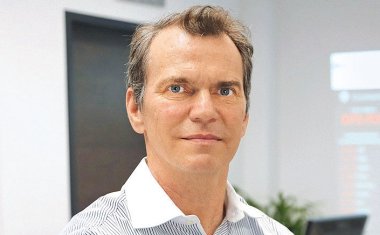Videotec: CCTV at rough conditions
Videotec: CCTV at rough conditions. The whole matter of so-called Maritime Security springs, as we are well aware, from the need, also through stricter legislation, of the USA to ...
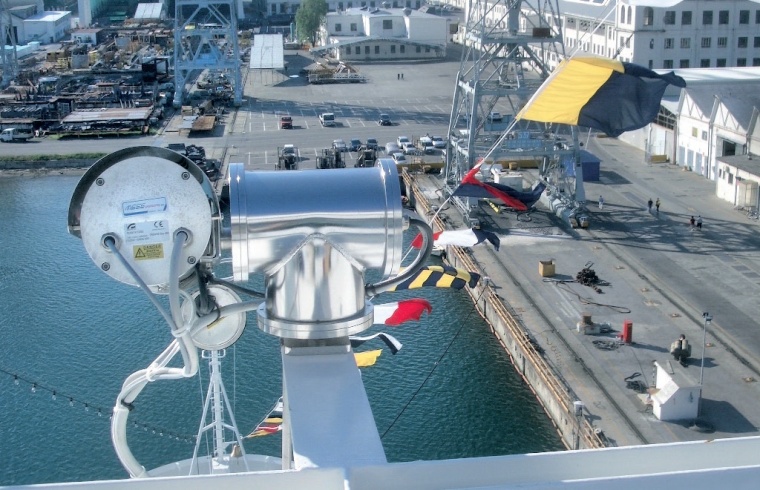
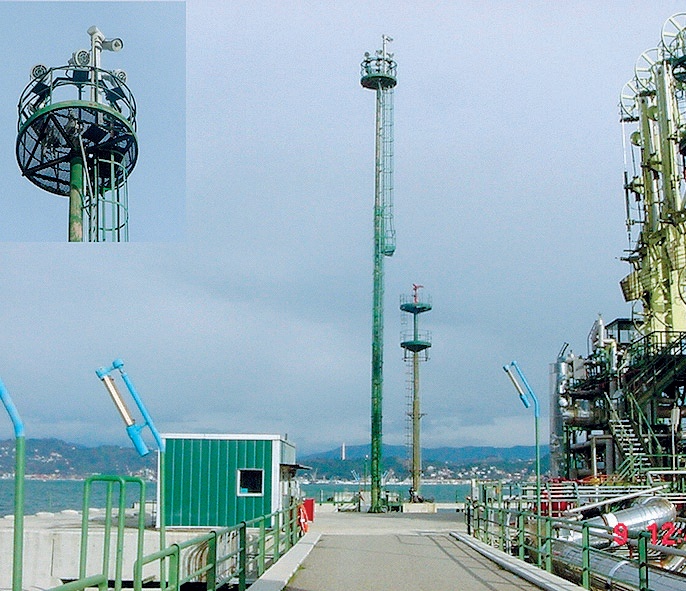
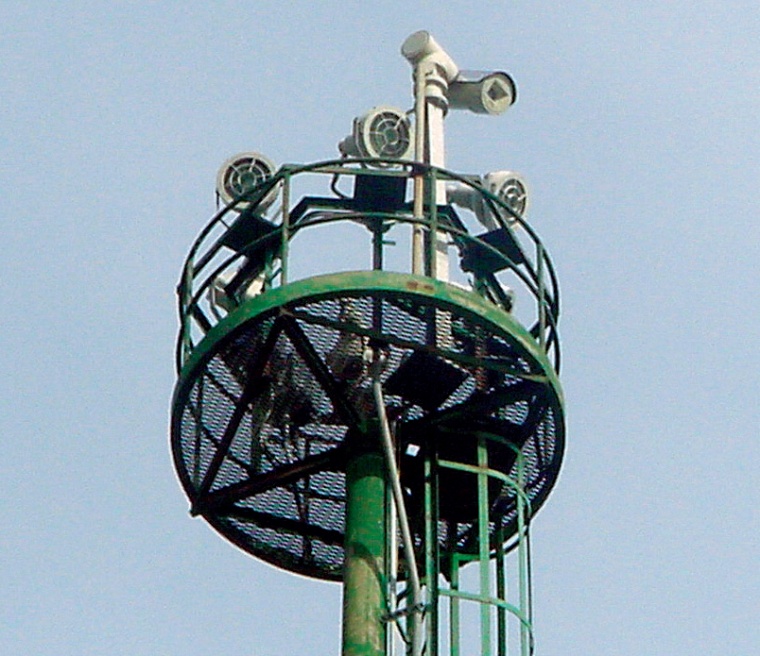
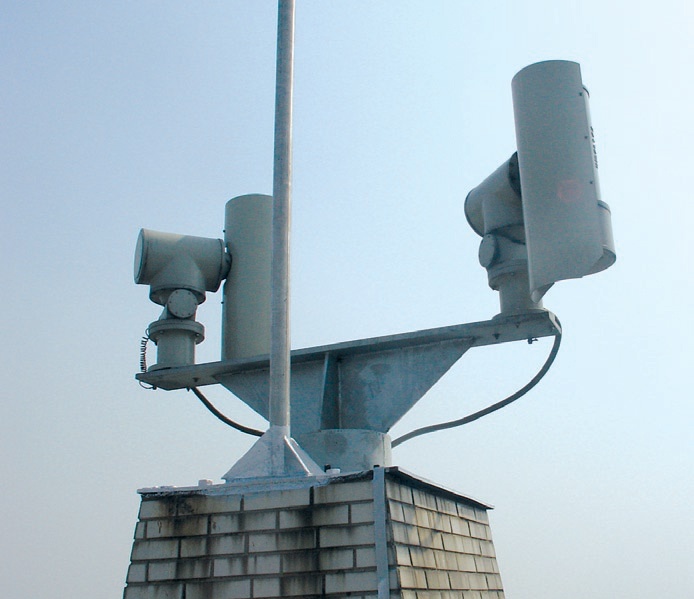
Videotec: CCTV at rough conditions. The whole matter of so-called Maritime Security springs, as we are well aware, from the need, also through stricter legislation, of the USA to prevent terrorist attacks, of which 9/11 has become the horrifying emblem. Since then, it has indeed become evident that the historic non-violability of US territory is just a distant memory. And (all) means of transport that daily link the opposite sides of the Ocean and breach American “privacy” can, at least potentially, be identified as terrifying arms of destruction.
As an initiative of the International Maritime Organisation (IMO), implemented in July 2004, the new security code for ships and port facilities is based on risk assessment and management for preventive security, normal security measures based on common sense in order to prevent access to ships by unidentified persons. Closed circuit television clearly has a particularly important role given its ability to cover wide areas and provide precise information: as an example, just imagine a ship in which the crew has to cover long distances from the control room to reach the bows.
Well CCTV can increase the visual information available from different, important sectors without members of the crew having to leave their assigned posts. What is more, surveillance and documentation of the entire flow of goods through a port facility using video technology creates a solid foundation for security and optimises costs. For these purposes, closed circuit television has to tackle a new range of problems.
One of the problems is certainly linked with the environment itself, which is notoriously aggressive due to the presence of high salinity and as well as certain exposure to natural meteorological conditions it may also be subjected to submersion. The majority of products and systems that are installed are obviously used for outdoor monitoring of large areas and it is therefore clear that these products must guarantee adequate resistance to severe environmental conditions, which can range from the heat and humidity of the Middle East and the Tropics to polar temperatures in the North Sea.
Sensitive electronics products must therefore be protected and must be maintenance-free, with housings and movement systems made of polished austenitic steel or corrosion-resistant plastic and clearly must also have high waterproofing ratings. For refineries and re-gasification plants, which are often situated onshore but with access to the sea or with a port alongside, products must provide protection against outdoor weather conditions and must also be intrinsically safe and hence explosion-proof.
Other new technologies, such as thermal imaging cameras, have forced their entry as applications for use in port facilities. Adding a thermal imaging camera to a CCTV structure does indeed provide earlier detection and full visibility irrespective of lighting or meteorological conditions. What is more, this removes the need to install additional cameras to cover long distances. Given that the camera works by heat detection, rather than by light detection, it is ideal for identifying humans or the hot engine of a ship as it approaches a port.
Contact:
Gianni Viero
Videotec Srl,
Schio, Italy
Tel.: + 39-0445 697 411
Fax: +39 0445 697 414
giannimkt@videotec.com
www.videotec.com
most read

When the Internet stumbles: Why DNS is important
When DNS fails, the internet stumbles-AWS outage proves resilience and redundancy are vital for digital trust


Integrated and Futureproof: Traka’s Next Chapter
Interview with Stefni Oliver on Traka’s Vision for the Future

Assa Abloy's battery-powered Aperio KL100 secures lockers
Boost workplace security and operational flexibility by securing more than just doors.

GIT SECURITY AWARD 2026 - The winners have been announced!
GIT SECURITY AWARD 2026: The best safety and security solutions of the year - now an overview of all winners


